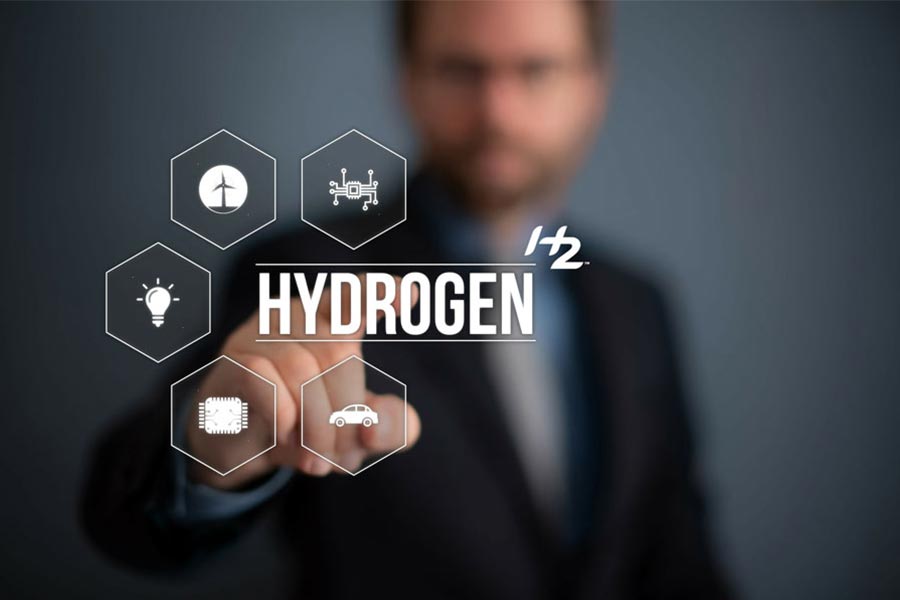Global Collaboration Essential to the Hydrogen Economy
By: GenH2 Staff
Read Time: 2 minutes
Why Global Collaboration is Essential to the Success of the Hydrogen Economy
The hydrogen economy is upon us, and the growing demand for hydrogen has already far surpassed supply. Luckily, governments, industry experts and the private sector are investing in hydrogen technology more and more every day. Building out the Hydrogen Economy infrastructure is key to consumers being interested in buying into liquid hydrogen as an energy source, and making it widely accessible. Infrastructure is essential and a key ingredient for realizing the potential of hydrogen and its infrastructure is through collaboration. Building up a new value chain from scratch requires very deliberate coordination amongst policymakers, entrepreneurs, corporate partners and investors — a prime example of the village that is necessary to nurture a breakthrough to wide-scale deployment.
A clean hydrogen economy requires greater international and multilateral cooperation. Policymakers, industry leaders, and governments must work together to reduce the effects of and stop global warming. Industry players such as energy suppliers, utility companies and transport manufacturers must continue to develop and supply the technologies that will lead the world towards a cleaner future.
Luckily, this momentum is now global. Ninety countries, representing 80% of the world’s GDP, are now committed to Net Zero targets. More than 30 countries have concrete hydrogen strategies and have allocated $76 billion of government funding. According to the latest Hydrogen Insights Updates, 131 large-scale projects across the globe have been announced since February 2021, taking the total to 359 current projects related to hydrogen deployment. The total investment into projects and along the whole value chain amounts to an estimated $500 billion through 2030.
There are also organizations dedicated to building hydrogen infrastructure, like H2USA, a “public-private partnership to promote the commercial introduction, and widespread adoption of hydrogen-fueled fuel cell vehicles (FCVs) across America.” H2USA includes more than 30 businesses and organizations, including the U.S. Department of Energy, automakers, fuel cell suppliers, materials and component manufacturers, energy companies, national laboratories, associations, and non-governmental organizations (NGOs). There is also the Hydrogen Council, an organization that provides guidance on accelerating the deployment of hydrogen solutions around the world. Using its global reach, the Council promotes collaboration between governments, industry, and investors to bring together leading companies with a united vision and long-term ambition for hydrogen to foster the clean energy transition.
We are operating in a complex ecosystem that requires the entire supply chain to act together. With the logistics issues associated with hydrogen production, distribution and storage now solved, the success of the hydrogen economy relies on continued international collaboration. Global problems need global solutions. If we work together and remain committed, a cleaner future is truly possible.
 Copyright All Rights Reserved GenH2
Copyright All Rights Reserved GenH2
 Copyright All Rights Reserved GenH2
Copyright All Rights Reserved GenH2 Copyright All Rights Reserved GenH2
Copyright All Rights Reserved GenH2